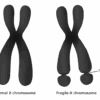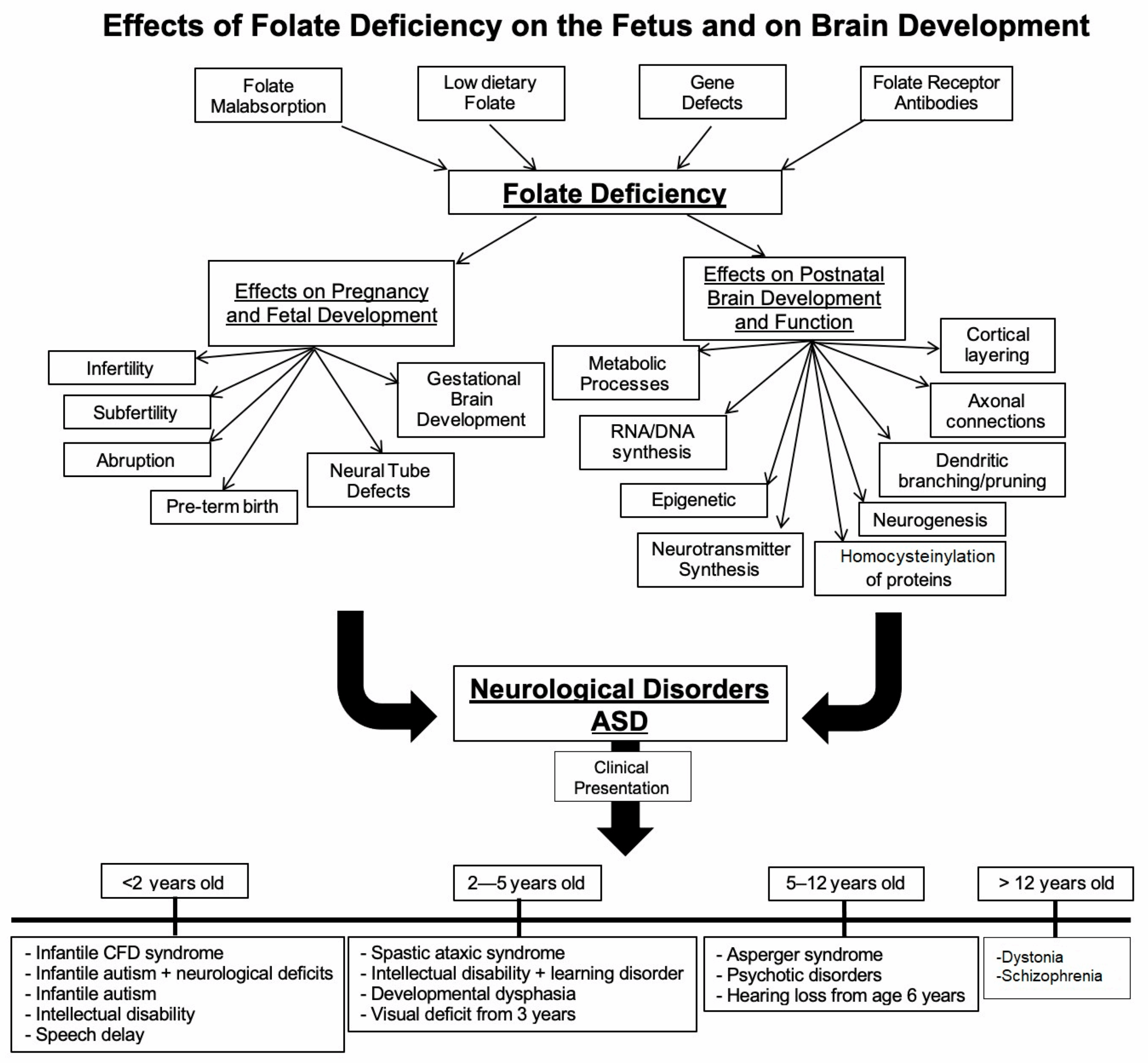Folate Receptor Antibody Test (FRAT Test) with Online Physician Consultation
$595.00
FRAT® Test Kit + Physician Consultation
Folate Receptor Antibody Test Cost, Process, and What’s Included
Quick overview (for patients & parents)
The Folate Receptor Antibody Test (FRAT®) checks for blocking and binding antibodies to the folate receptor-alpha that can prevent folate from reaching the brain. Ordering here provides a complete package: the FRAT test kit and processing plus a physician review and recommendations tailored to autism-related concerns. Current FRAT test cost on this page: $595 (includes the lab test ($295) and physician consultation with report ($299).
FRAT Test Cost — What you get
-
FRAT test kit & lab processing (the FRATNow collection kit ships to you; results are reported to the physician).
-
Symptom & history questionnaire (screens for folate sensitivity and undermethylation traits).
-
Physician interpretation & written report from David Epstein, D.O., including whether leucovorin (folinic acid) is likely appropriate—or when folate-heavy plans may be counter-productive.
-
Next-step guidance if undermethylation is suspected (e.g., whole-blood histamine and/or plasma methylation panel; non-folate methylation support; gut/antigen load clean-up if relevant).
-
Optional follow-up call to review results and answer questions.
Your cart price includes the folate receptor antibody test cost and physician review; the FRAT test kit ships from FRATNow No other fees required.
How FRAT testing works (step-by-step)
-
Order the FRAT test (this page).
-
You’ll receive a requisition by email and a FRAT test kit shipped from FRATNow.
-
Complete the requisition and have the blood sample drawn by a local phlebotomist or nurse (follow FRATNow’s collection & shipping instructions). This requisition form will be emailed to you directly by Second Opinion Physician.
-
Results go to the physician; you receive a report with action steps. (FRATNow releases results only to clinicians.)
-
Review call (optional) to discuss treatment options (e.g., leucovorin) or alternatives if folate appears risky.
Who should consider FRAT testing?
-
Autism spectrum with language or social communication concerns where cerebral folate deficiency is suspected.
-
Neurologic or developmental symptoms where blocking/binding FRAA are being considered.
Learn more on the in-depth pages: Folinic Acid for Autism – FRAT Testing and Autism, Folate Deficiency & Folinic Acid Therapy.
When FRAT is positive vs negative (and why methylation matters)
-
If FRAT is positive: the problem is folate transport; folinic acid (leucovorin) may help bypass the blockade. Your report explains dose range and guardrails. Second Opinion Physician
-
If FRAT is negative: symptoms may still track with undermethylation or other drivers (gut/antigen load, iron/B-vitamin status, stress/creatine demand, SAM/SAH issues). Your plan may prioritize non-folate methylation support and environmental fixes first.
FOLATE RECEPTOR ANTIBODY TEST (FRAT®)
WHAT IS FRAT (Folate Receptor Autoantibodies Test) is a specialized blood test developed by Dr. Edward Quadros at SUNY Downstate Medical Center. It is the only assay that detects both blocking and binding autoantibodies to the folate receptor alpha (FRα). These antibodies can interfere with the transport of folate (vitamin B9) into the brain and central nervous system, leading to serious neurological and psychiatric effects.
FRAT® has been validated in clinical research and is published in top-tier journals including the New England Journal of Medicine. It has been used in numerous clinical trials and is considered the gold standard for identifying cerebral folate deficiency due to autoimmunity.
WHO SHOULD CONSIDER THIS TEST? You may be a candidate for FRAT® testing if you or your child experience any of the following conditions:
- Autism Spectrum Disorder (ASD), particularly with language delay
- Cerebral Folate Deficiency Syndrome (CFDS)
- Treatment-resistant Depression
- Schizophrenia or psychotic spectrum disorders
- Developmental Delay
- Neurological regression without clear cause
- Chronic fatigue or cognitive decline
Testing is especially important in children, as early identification of folate receptor autoantibodies can improve the outcome of treatment and prevent further developmental or neurological decline.
WHY THIS TEST MATTERS The presence of folate receptor autoantibodies can significantly impair the ability of folate to reach the brain via the choroid plexus and cerebrospinal fluid. This can result in symptoms related to mood, cognition, speech, and behavior. When identified, treatment with high-dose folinic acid (leucovorin calcium) may bypass this blockage and restore brain folate levels.
Clinical Evidence: One landmark study by Frye et al. (Molecular Psychiatry, 2016) found that children with autism and language impairment who were positive for folate receptor autoantibodies showed significantly improved verbal communication after 12 weeks of high-dose folinic acid therapy. Those who were FRAA-positive had even greater benefit, with a large effect size (Cohen's d = 0.91).
Note: This test is not available without physician authorization. Your report and recommendations will be reviewed directly by a licensed physician.


